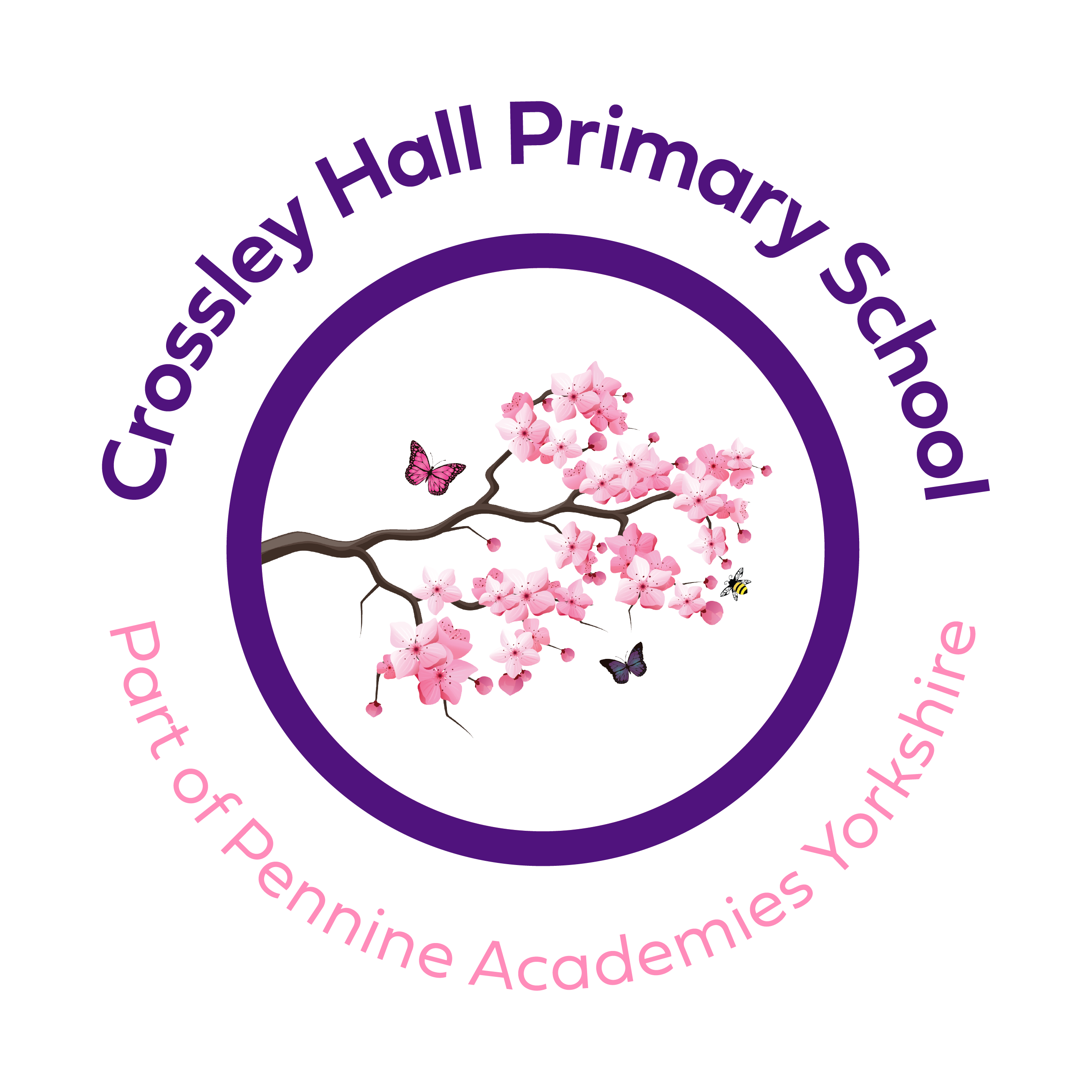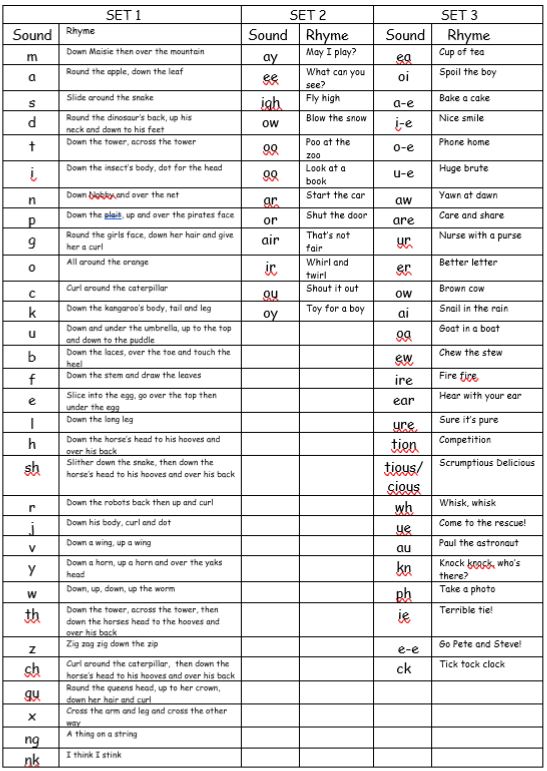English Including Phonics
Phonics and Early Reading
Children are taught to read at Crossley hall through the teaching of high-quality Phonics. Our chosen programme is Read, Write. Inc. All teachers and support staff who teach phonics from nursery through to end of year 2 use this programme to support our children in their journey to becoming fluent readers.
Speed Sounds Lessons
Children begin by learning single letter sounds (such as ‘m’) in Reception – they look at how to say the sound and how to write it. They move on to more complex sounds and spellings as they progress through Key Stage One.
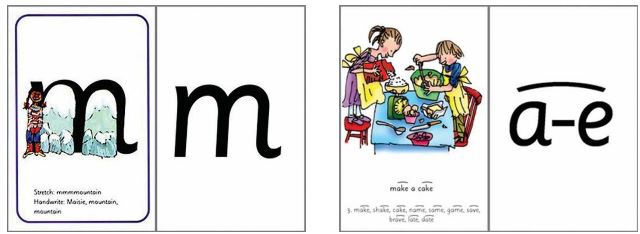
Fred the Frog plays a vital role in our Read Write Inc lessons. Fred is only able to speak in sounds, not whole words. We call this Fred Talk! For example, Fred would say m-a–t and we would say ‘mat’. Children can start blending sounds into words as soon as they know a small group of letters well. We start with blending oral sounds, then progress to reading the letters and blending them together to read the whole word. As soon as our Reception children have been taught the first set of sounds (m, a, s, d, t, i, n, p, g, o, c, k, u, b, f, e, l, h, sh, r, j, v, y, w, th, z, ch, qu, x, ng, nk) they can begin to take reading books home!
Set 2 sounds are made up of two or three letters which represent just one sound (for example ‘igh’ as in high and sigh). Along with the letters that represent a sound , the children see a picture prompt which is linked to the sound and a short phrase to say (eg fly high for the sound ‘igh’). Every single sound we teach has a list of green words linked to it, so children can sound out and blend words containing the sound they have just learnt – for example f-r-igh-t.
Finally, the children learn the Set 3 sounds. Here, the children are taught that there are more ways to spell sounds (for example ee as in tree and ea as in tea).
The table below shows full list of sounds and the order in which we teach them:
Alien Words
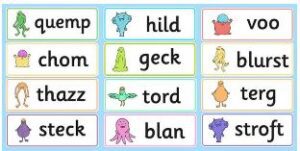
As children build up their ability to read sounds, they become more and more able to apply their decoding skills to any unfamiliar word. Every day, children practice their decoding skills by sounding out the letters in ‘alien words’ (words which are made up). They are unable to rely on existing knowledge of real words, and instead have to use their letter-sound knowledge. This is an important part of the Phonics Screening Test which children complete at the end of Year 1.
There are lots of websites which have games for your child to play to practice their reading of alien words, and teachers will add tasks and videos to your Google Classroom page too.
Storybook Lessons
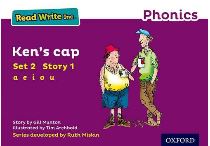 Children at Crossley Hall read storybooks that are closely matched to their developing phonic knowledge, and they will always bring a reading book home which only contains the sounds they have been taught. This quickly builds confidence and success! Storybooks consist of green words linked to the sounds they have been learning, red words (words that are not decodable) and challenge words to extend vocabulary. We practise all of these words before seeing them in context in the story. Your child will bring home a ‘Storybook’ each week – this is a black and white version of the book we are reading in
Children at Crossley Hall read storybooks that are closely matched to their developing phonic knowledge, and they will always bring a reading book home which only contains the sounds they have been taught. This quickly builds confidence and success! Storybooks consist of green words linked to the sounds they have been learning, red words (words that are not decodable) and challenge words to extend vocabulary. We practise all of these words before seeing them in context in the story. Your child will bring home a ‘Storybook’ each week – this is a black and white version of the book we are reading in
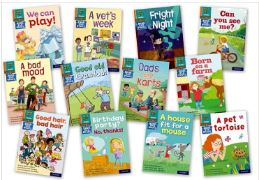
our Storybook Lesson. They will also be given a corresponding Book Bag Book. Again, this book again has only the sounds in that your child has been taught! The Oxford Owl Guide for Parents has lots of excellent resources to support your child’s learning, including free eBooks, tutorial videos and links to kits and flashcards to use at home.
